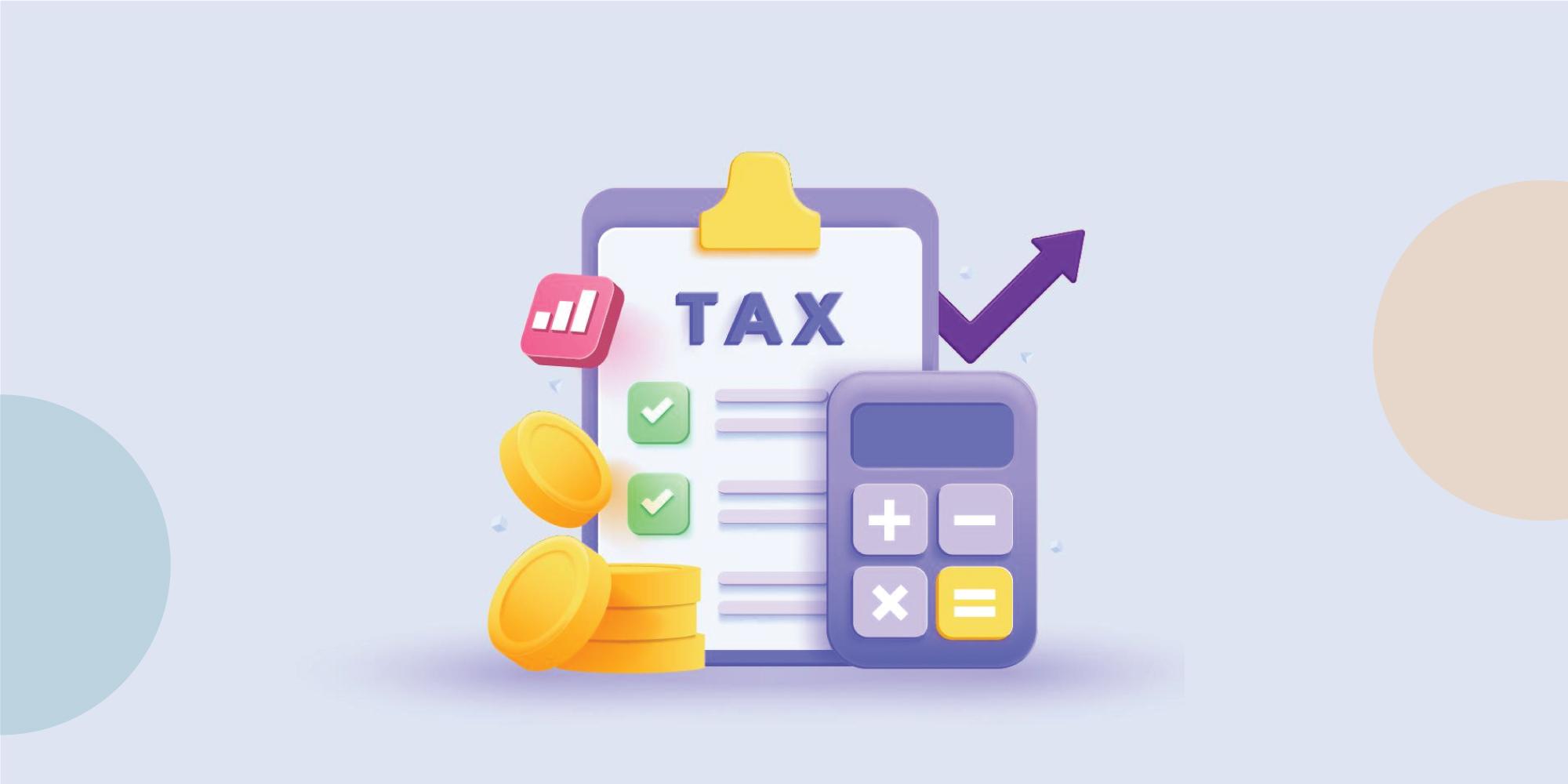7 Prominent Expectations of Individual Taxpayers from Union Budget 2025
Reviewed by: Fibe Research Team
- Updated on: 31 Jan 2025
Reviewed by: Fibe Research Team

India’s Finance Minister Nirmala Sitharaman plans to unveil the Union Budget on February 1, 2025. Taxpayers expect the government to raise standards in tax rules through increased exemption levels and potential rate reductions for people whose annual pay ranges from ₹10 to ₹20 lakh. Many experts predict that because this year is election time for several key states, including Delhi, the upcoming union government budget will include popular measures to raise exemptions as a strategy to win national taxpayer support.
Performing businesses nationwide await the upcoming Union Budget 2025 to discover the Finance Minister’s planned fiscal year policies. The union budget 2025 expectations are high, and many expect the following adjustments to income tax slabs:
The upcoming may include the following changes in the structure:
To restore the Old Pension Scheme (OPS), the Budget for the salaried class can include many attractive announcements, as mentioned below:
Here are some of the current rules relating to late filing of ITR:
However, the tax authorities can issue you notices for the previous 10 fiscal years if an income wasn’t assessed. Many experts are of the opinion that taxpayers must get an equal opportunity to file taxes for the last 10 fiscal years.
Against this backdrop from the masses, the Union Budget 2025 expectations include much-needed tax relaxations for the middle class, and if the budget does include these tax exemptions, it can result in a significant increase in voluntary tax compliance.
The current taxation structure is quite complex, which makes it challenging for investors to understand. They have to consider various factors, such as:
In the new Union Budget, the Finance Minister can simplify this taxation regime by taking the following measures:
Currently, home buyers need to comply with the rule of deduction of 1% tax deducted at source for property purchases of over ₹50 lakhs. The government may make the following changes:
The Union Government made an income of over ₹7.5 lakhs from the National Pension Scheme taxable since the FY 2021-22. However, to promote social welfare and financial security, the government can also consider providing a tax-free status to annuity income from the NPS.
This is because senior citizens rely on annuity income as their primary source of income. As subscribers already have to purchase annuities from NPS, it makes little sense to put an additional burden of taxation on retired personnel.
Some of these expectations may see the light of the day in the new Union Budget. The government may also introduce some of these measures in the Budget presented post-elections. Many experts are optimistic about changes relating to tax exemptions and deductions, which could have huge implications for the fiscal deficit.